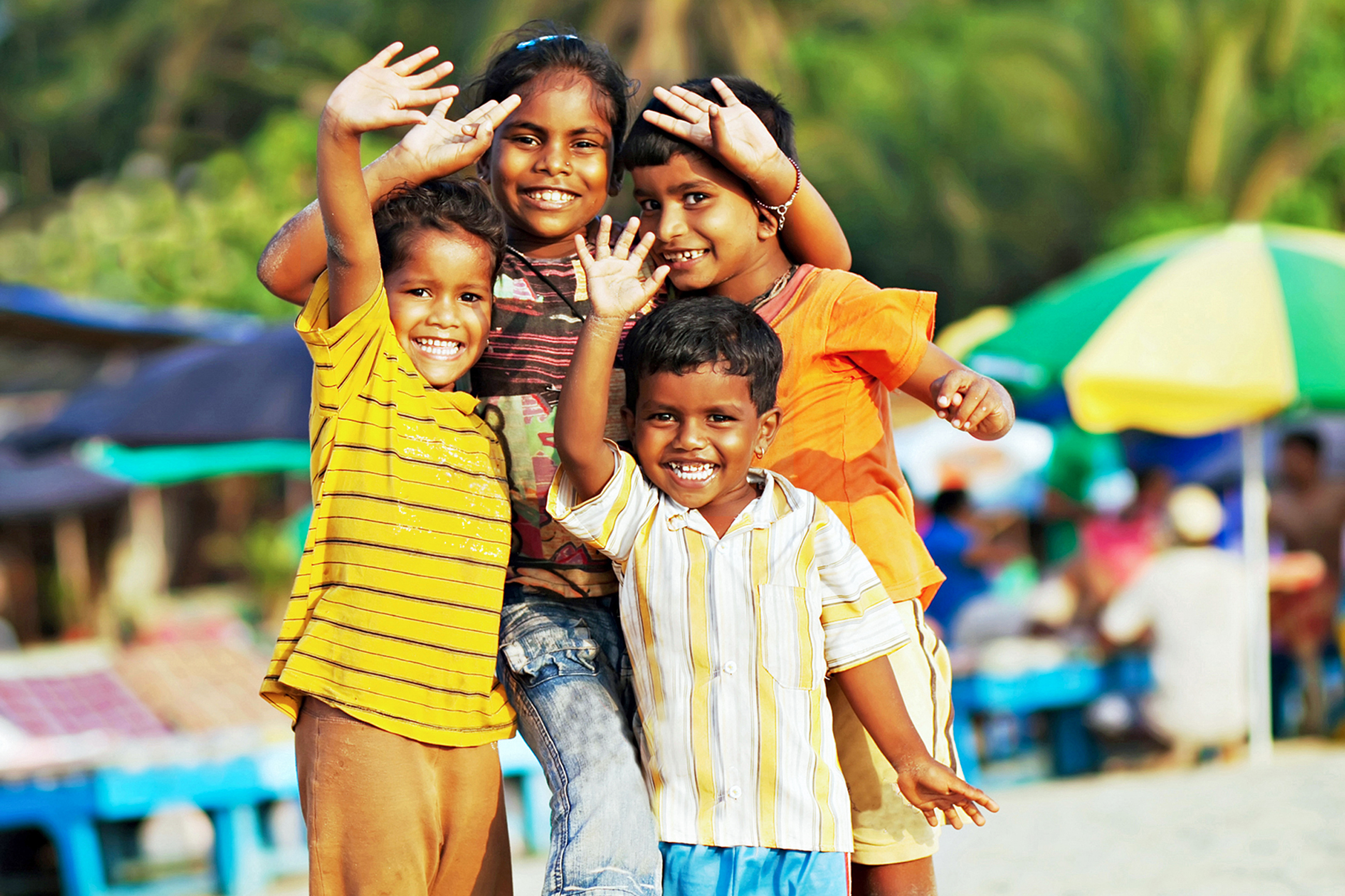Farmers have reaped the fields and gathered the crops, it’s now time for thanksgiving and celebration. Thai Pongal marks the 10th month of the Tamil calendar and the beginning of the sun’s northern journey into the constellation of Capricorn. Pongal literally means a sweet concoction of rice, jaggery and milk. As such, it’s a time for farmers to treat themselves to a time of festivities, and give thanks to the spirits of nature, the cattle and the sun gods; as well as for the rest of the community to give thanks to the farmers for a bountiful harvest.
The first day
A four-day long festival begins with the day of Bhogi; a time to throw away the old and welcome the new. Bonfires are lit and unwanted items around the house are thrown into the flames. Houses are prepared for the dawn of the main day in several ways. Floors are washed with turmeric water and the entrance decorated with banana and mango leaves readying for Perum Pongal.
The second day
On the day of Thai Pongal, families are awake before sunrise and the women take upon themselves the tasks of drawing Kolam murals on the turmeric-washed floor – a colourful decorative that symbolises happiness and prosperity.
Thereafter, takes place the most symbolic ritual of all. The boiling of the milk pot. Each family member gathers around a makeshift fire and eagerly waits for the milk to boil, bubble, rise and spill over an abundance of prosperity. A cheer of “pongal pongal” fills the air as everyone takes a moment to worship the gods. After which, a lamp is lit and a choice of festive feasts are offered to the sun gods. The rest of the day is spent with visits to the kovil and to relations, merrymaking with loved ones and colourful celebrations.
The third day
The third day of celebrations known as Mattu Pongal is a day dedicated to the cattle. A special companion in a farmer’s life – the cattle – are bathed and groomed. Their horns are painted and their necks garlanded with colourful flowers. Known as Jallikattu, cattle races are held – as done in ancient courts of Tamil kings.
The fourth day
Kannum Pongal is the last day of festivities when the leftover delicacies are kept on a banana leaf and everyone gathers around it to invoke blessings on the family and loved ones. More visits to and from relations take place on this final day as well.
There are many legends relating to the festival of Thai Pongal. Celebrated by Tamils worldwide, traditionally, Thai Pongal is the custom of farmers offering the first bags of harvest to the guardian deities in appreciation of all the blessings bestowed looking forward to a prosperous year ahead. It is a time for family reunions. Personal animosities are forgotten as everyone joins in on the celebrations, making Thai Pongal one of the most spiritual festivals celebrated.
Stay close to your loved ones this festive season with Ceylon Exchange and contact us to learn more.
